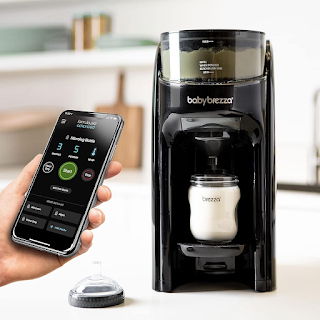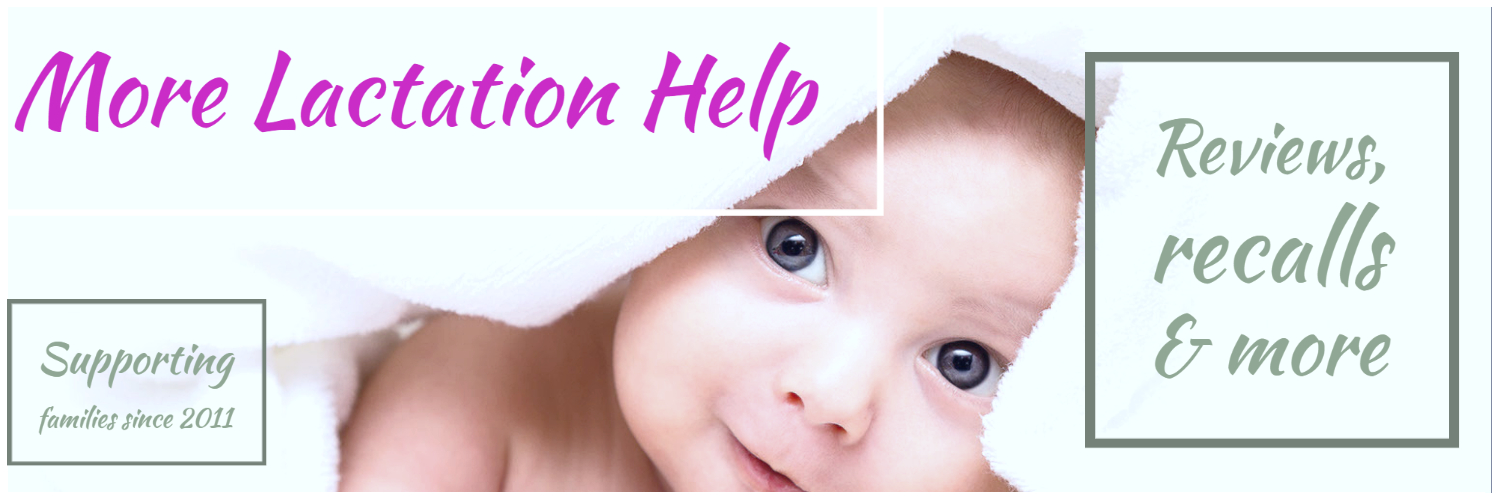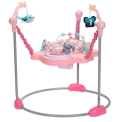Concerns Raised Over Powdered Infant Formula Preparation Machines
 |
| Baby Brezza Formula Pro Advanced WiFi Formula Dispenser Machine (Amazon) |
Introduction
A recent study conducted by Swansea University has raised significant concerns regarding the safety of powdered infant formula preparation machines.
Key Findings
The research revealed that a staggering 85% of the 74 infant formula preparation machines tested by parents in UK homes did not produce water hot enough to eradicate all harmful bacteria present in infant formula. This poses a considerable risk to infant health.
Comparison with Kettle Use
In comparison, the study also evaluated parents who used a kettle to heat water for infant formula preparation. Out of the 69 parents in this category, 22% reported water temperatures that were insufficient to kill all harmful bacteria.
Infant Formula Usage in the UK
The significance of these findings is underscored by the fact that almost three-quarters of infants in the UK are fed infant formula within the first six weeks of life. This number increases to 88% by the time they reach six months of age.
Health Risks
It's worth noting that formula-fed infants are at a higher risk of contracting gastrointestinal infections compared to their breastfed counterparts.
Such infections can arise due to bacterial contamination from the powdered infant formula, the feeding equipment, or even from preparing the formula with unclean hands.
NHS and WHO Recommendations
To mitigate the risk of these infections, the NHS, following the World Health Organization (WHO) recommendation, advises that water used for preparing infant formula should be boiled and then cooled to a temperature of at least 70°C to effectively eliminate bacteria.
Expert Opinions
The study, which compared the safety of infant formula preparation practices to NHS guidelines, involved parents of infants aged 12 months or younger. Dr. Aimee Grant, Senior Lecturer in Public Health at Swansea University, who spearheaded the study, expressed her concerns.
She advised parents who are worried to purchase a food thermometer to test the temperature of the water dispensed by their machines.
Parental Concerns
Jonie Cooper, a parent participant in the study, shared her experience, stating that she was shocked when her preparation machine, set for a 4-ounce bottle of formula, dispensed water at a temperature of just 52°C. She had trusted the machine to adhere to NHS guidelines since it was specifically designed for infants.
Recommendations and Conclusion
The study advocates for enhanced consumer protections concerning the marketing of infant formula preparation devices. It emphasizes the importance of adhering to NHS guidelines to prevent risks from bacterial contamination, which can lead to severe illnesses and even fatalities.
The researchers also call for updates to infant formula labeling requirements to align with NHS and WHO guidelines.
Publication Details
The study's findings have been published in the Maternal & Child Nutrition* journal.
Source: Swansea University Press Release
My Thoughts
The More Lactation Help Blog contains affiliate links
As an Amazon Associate, I earn from qualifying purchases.
Looking for more information to support breastfeeding? Be sure to visit our main website, LactationHelp, for articles, videos and more.





Comments
Post a Comment